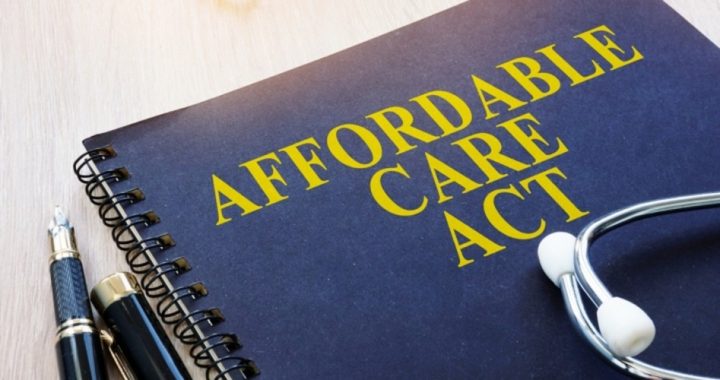
The Supreme Court rejected petitions by Democrats to fast-track their appeal of a case challenging ObamaCare’s constitutionality, making it unlikely that a decision will be reached by the November elections.
The high court’s order, issued Tuesday, stated that the court would not consider the appeal on an expedited basis. It may, however, review the case at a later date, and the timing of that review could be critical.
At issue is a December decision by a three-judge panel of the Fifth U.S. Circuit Court of Appeals that the 2017 Tax Cuts and Jobs Act made the Affordable Care Act’s (ACA) individual mandate unconstitutional by repealing the penalty for an individual’s failure to obtain health insurance.
In 2012, the Supreme Court ruled that the ACA, while not a proper exercise of Congress’ power under the Constitution’s commerce clause, was nevertheless constitutional by virtue of the taxing power of Congress because of the individual-mandate penalty. (In the same decision, the court, echoing the Obama administration’s ever-changing arguments, also maintained that the penalty is not a tax.)
Texas-based U.S. District Judge Reed O’Connor ruled in 2018 that the repeal of the penalty therefore invalidated the individual mandate, though he put his decision on hold until the case has been thoroughly litigated. The Fifth Circuit agreed but sent the case back to O’Connor for him to determine which portions of the ACA, if any, must be struck along with the mandate.
Democrat-controlled states and the Democrat-run House of Representatives immediately appealed the Fifth Circuit’s ruling and asked the Supreme Court to expedite its review of the case.
“Under the current state of affairs, there is considerable doubt over whether millions of individuals will continue to be able to afford vitally important care,” the House told the court. “If the Court does not hear the case this Term, that uncertainty will likely persist through next year’s open enrollment period.”
Democrats, naturally, hope to make healthcare an issue in this year’s presidential contest. They believe they rode the uncertainty caused by the ObamaCare lawsuit to victory in the 2018 midterm elections and would like to have a decision from the Supreme Court to bring the issue to the fore again.
President Trump, on the other hand, would probably prefer to keep ObamaCare in the background, especially since he still hasn’t released a plan to replace it (not that, from a constitutional standpoint, it needs replacing). His administration has declined to defend the law in court and argued against an expedited Supreme Court review of it.
“However,” observed the Daily Caller, “the delay is not without peril for the president’s reelection prospects, as continued questions over the viability of the ACA gives [sic] Democrats a potent line of attack” similar to the one they used in 2018.
“Indeed,” noted the website, “the delay tees up a dangerous scenario for the president. If the justices decide to take up the case before they adjourn in June, arguments could follow in October or November. As such, health care would be much in the news at the apex of the presidential campaign.”
California Attorney General Xavier Becerra, a Democrat who is leading the defense of the law, told Politico Democrats are “cautiously optimistic” that the court will agree to review the case in its next term.
On the other hand, there is always the chance that the court will refuse to hear the appeal at this stage. If that happens, the case will return to O’Connor as ordered by the Fifth Circuit. If, as expected, O’Connor’s eventual decision is appealed, the ball will once again be in the Fifth Circuit’s court. “All told, the high court’s refusal to hear the case at present could prolong the dispute for several more years,” wrote the Daily Caller.
All of this could have been avoided, of course, had Congress — and, failing that, the Supreme Court — simply abided by the Constitution in the first place. The ACA would not be on the books, and neither would all the other federal interventions in the healthcare market that have made care so expensive that demagogic “solutions” such as ObamaCare are even proposed.
Michael Tennant is a freelance writer and regular contributor to The New American.



